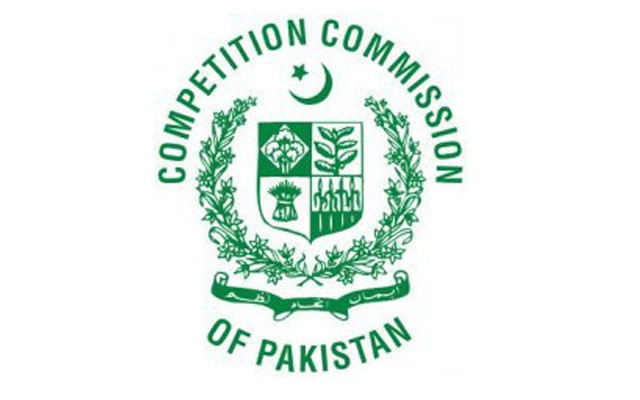ISLAMABAD: Competition Commission of Pakistan (CCP), which is already facing cases against its existence at courts, is going through a financial crisis for what the commission claims, nonpayment of due fee/charges by regulatory bodies.
According to official sources, four regulatory bodies, including National Electric Power Regulatory Authority (NEPRA), Oil and Gas Regulatory Authority (OGRA), Pakistan Telecommunication Authority (PTA) and Pakistan Electronic Media Regulatory Authority (PEMRA) are not paying the 3 per cent fee or charges to CCP for years causing acute financial crisis to the commission.
As per clause (f) of subsection (2) of section 20 of Competition Act 2009, five regulatory agencies including OGRA, NEPRA, PEMRA, PTA and Securities & Exchange Commission of Pakistan (SECP) are levied transfer fee/charges effective from the financial year 2008-09. In order to meet the budgetary requirements of the Commission, Section 20 was inserted in the Act and provided for the establishment of CCP Fund, which among other sources included 3 per cent fees and charges levied by regulatory agencies as prescribed by the federal government.
The SECP, according to CCP, has however started paying the fee to the commission, however, the rest of four regulators are avoiding it citing the reason that the same is not mentioned in their respective rules/acts. Negotiations with another two regulatory bodies were also in progress to ensure the payment of the fee to the commission as per set rule.
According to Ministry of Finance, since the auditors have started objecting nonpayment of the fee to the CCP by regulators, the regulatory agencies may start paying the due charges as did by SECP. According to sources, a parliamentary committee, taking notice of the administrative and financial problems of CCP, has decided to prepare a report on the issue, which would be submitted to the house for adoption to make it obligatory for the five regulatory bodies to pay 3 per cent share of their fees and charges to the commission. It was also decided to refer the issue to the committees concerned so that they might also take it for discussion and ensure that the CCP got its due share as per law.
Apart from the financial constraints, CCP was also not fully functional since various organisations have challenged its existence at courts after the 18th Amendment in the constitution, apparently to avoid the penalties imposed by CCP. Recently a Senate body had decided to write a letter to Registrar Supreme Court of Pakistan, recommending that the matter related to the existence of CCP be decided expeditiously in accordance with the mandate of the constitution. According to sources a case was pending in the Lahore High Court in that regard. Companies usually approach the court of law and challenge the law after issuance of Show Cause notices by the CCP.
There was no mention of devolving the CCP in the 18th Constitutional Amendment even under Article 151 of the Constitution and Item 58 of the Federal Legislative list; it was the mandate of parliament to make legislation in that respect.
It is worth mentioning here that CCP, as an independent quasi-regulatory, a quasi-judicial body that was aimed at ensuring healthy competition between companies for the benefit of the economy. The Commission prohibits abuse of a dominant position in the market, certain types of anti-competitive agreements, and deceptive market practices. It also reviews mergers of undertakings that could result in a significant lessening of competition. Combined with its advocacy efforts, the Commission seeks to promote voluntary compliance and develop a ‘competition culture’ in the economy.

























